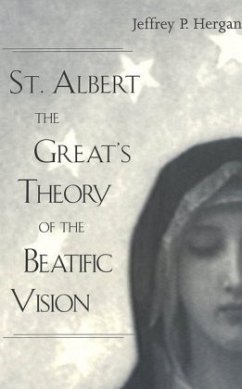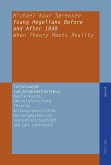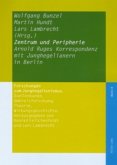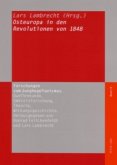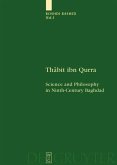St. Albert the Great began teaching at the University of Paris in 1243 - just two years after the Parisian Condemnation of 1241, which affirmed that created and finite intellects will see the divine essence directly in their beatific visions. This book translates and examines key texts in which St. Albert explains how it is possible for such intellects to know the infinite divine essence in patria . With careful attention given to the philosophical and theological traditions that converged in thirteenth-century Paris , St. Albert the Great's Theory of the Beatific Vision reveals the foundation of St. Albert's thought, demonstrating that beneath his Aristotelian terminology lies a Neo-Platonic epistemology and metaphysics wherein reality is identified with light. Providing detailed context for St. Albert's thought, this book also contrasts his views with those of his student, St. Thomas Aquinas, and their contemporary, St. Bonaventure. The result is a valuable resource for anyone exploring the unique commingling of philosophy and theology that reached its golden age in the scholastics of the thirteenth century.

